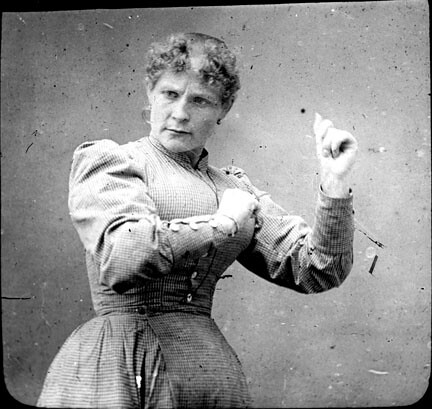 French people are the gold medalist of moaning and cherish this cultural treasure. Here is an exclusive anthropological journey in the mind of a French girl.
French people are the gold medalist of moaning and cherish this cultural treasure. Here is an exclusive anthropological journey in the mind of a French girl.
Moaning – A constructive attitude towards life
Moaning is in. Moaning is a proof of intelligence, the evidence that we, French people, don’t take things for granted: we challenge them, constantly. It also shows a commendable and romantic aspiration for a better world. We are not satisfied with our current conditions and we seek a constant improvement! We are extremely cynical, yes: but it is only the mark of a laudable perfectionism. I agree, it is not easy to live or work with a French person if you are not a moaner yourself. It can be tiring and even depressing sometimes (big pat on the back of my husband). But it has its advantages: the moaner is usually not a naïve person. The moaner is not afraid of being rude and putting his/her foot down. The moaner faces problems instead of cowardly avoiding them. The moaner is a formidable booster for perfection.
Moaning – An alternative to depression
For French people, moaning is also a need, a pressure valve to prevent the anger from accumulating and causing severe psychological damages. It is the expression of a frustration. And everyone knows how important it is to communicate one’s frustrations as it is the first step to solve them. Thus, moaning is a healthy and relaxing hobby, which even reduces the chances of heart attacks.
Moaning – A booster of social life
What greater thrill than to bitch about something (or someone) in a group? Collective moaning is even healthier than its individual version. It creates a sort of emulation. Above all, it strengthens the bonds of the moaners. A collective moaning sessions is a formidable generator of common souvenirs, common secrets: the best way to create a sense of belonging to a group! My favorite moaning partners have become my best friends in life (or is it the opposite?) and I long to the moaning competitions with them. Similarly, moaning can be seen as an attempt to strengthen one’s marriage (hint!).
Moaning – The celebration of a rich cultural legacy
French people are amongst the biggest moaners in the world. Not only we moan, but we are proud of moaning. And I am not the only one saying it: http://www.dailymail.co.uk/news/article-1274368/French-boast-comes-moaning-does-better-do.html . And France can boast about having the greatest moaning specimen, proud children of the French revolution, from Napoleon to de Funès. French people being the inventors of the “chauvinism” concept, they have no other choice but to perpetuate the moaning tradition.
Moaning – Risks of deficiency
As a professional moaner, I cannot help but being irritated (once again) when people told me I should not moan. It is the negation of my identity and the denial of the most elementary freedom! So let’s talk about the other extreme: the Care Bears followers (Bisounours en francais). Everything is good, the world is beautiful, the birds are singing, the sun is shining, and other expressions of foolishness. A category of Anglo-Saxon people, especially women, are prone to this behavior (apology for the easy cliché, but the typical Hollywood movies are not going to prove me wrong). My latest experience was with a group of non-Indian women (mainly Anglo-Saxon ladies) married to Indians. One of them, an American, started criticizing (Bad girl! This is not worthy of Care Bears) foreigners who were complaining about India. According to her, if you are living in India, you should stop complaining about the numerous inconveniences. “Embrace them, or leave the country.” I will let Beaumarchais’ Figaro answer that one: "Without the freedom to criticize, there is no true praise". So there! No hard feelings…